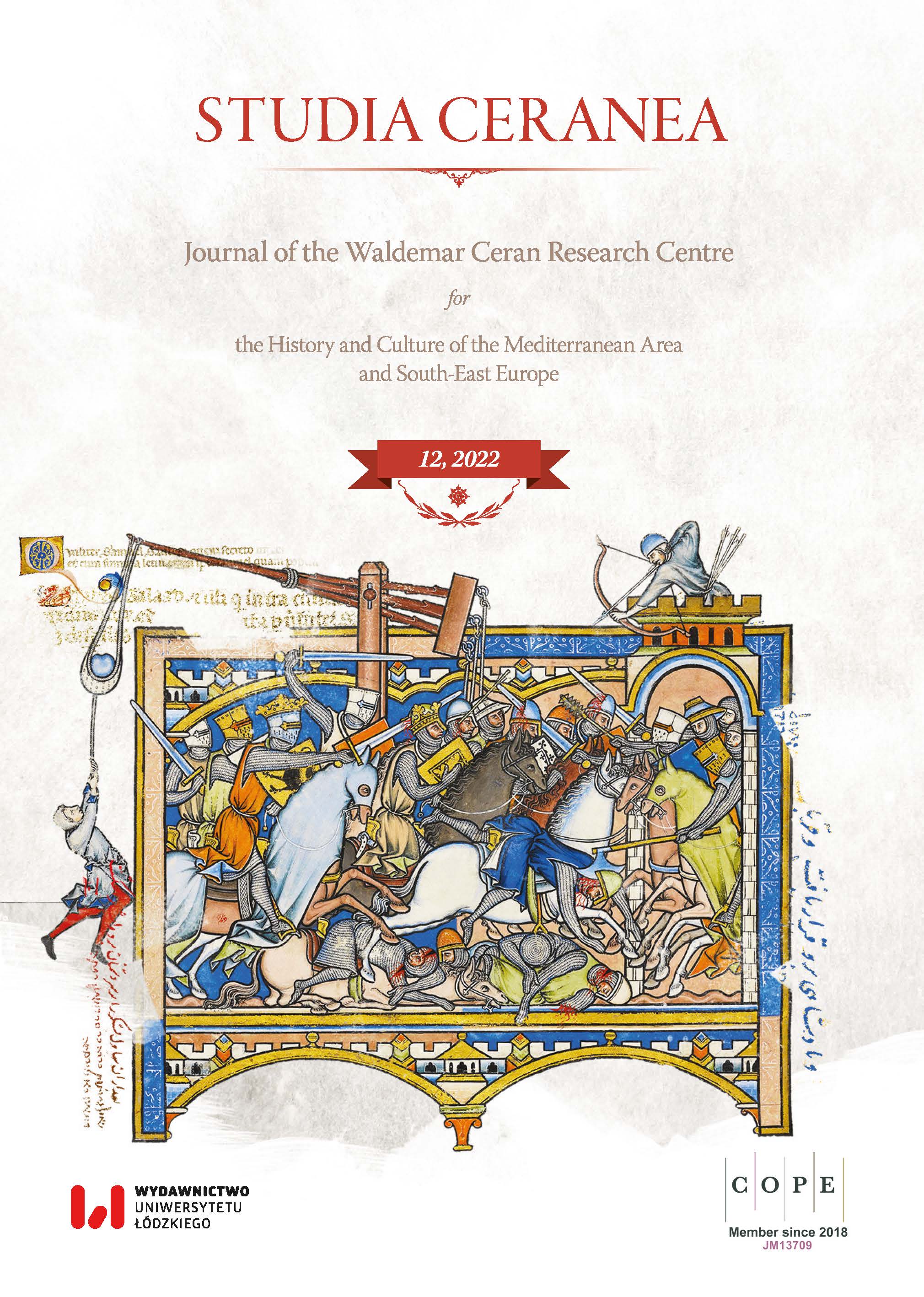Reception of John V. A. Fine Jr.’s The Bosnian Church: A New Interpretation: Interesting Sleeve of a Never Ending Historiographical Debate
Reception of John V. A. Fine Jr.’s The Bosnian Church: A New Interpretation: Interesting Sleeve of a Never Ending Historiographical Debate
Author(s): Dženan DautovićSubject(s): History, History of Church(es), Middle Ages
Published by: Wydawnictwo Uniwersytetu Łódzkiego
Keywords: Bosnian Church; John V. A. Fine Jr.; heresy; medieval Bosnia; historiography
Summary/Abstract: Historiography about the medieval Bosnian Church is a vast and complicated labyrinth, with many different sections and subsections regarding its teachings, where authors are least likely to find a compromise, or some common ground. Very often, the ruling ideologies have intertwined their interests and influences in this field of medieval study, causing the emergence of very intense emotions in wider circles of population. One remarkable episode in history of research and study of the Bosnian Church is the occurrence of medievalist from United States of America, John V. A. Fine Jr., who arrived in Bosnia and Yugoslavia at the peak of the Cold War. Fine proved to be a very meticulous researcher, who produced a book under the title: The Bosnian Church: A New Interpretation. A Study of the Bosnian Church and its Place in State and Society from the 13th to the 15th Centuries which immediately caused disturbance and wide range of reactions. With his aligning with the historiographical stream which doesn’t see the Bosnian Church as a dualistic heretical institution, rather a monastic community independent from both of the big churches of the time, Fine gave additional fuel to this theory, a theory somewhat weakened in that period as its main protagonist Jaroslav Šidak had a change of mind. The main goal of this paper is to study the immediate reactions on Fine’s thesis, in forms of reviews of his book, as well its influence in the subsequent decades of the historiographical studies of the Bosnian Church.
- Issue Year: 2022
- Issue No: 12
- Page Range: 399-415
- Page Count: 17
- Language: English

